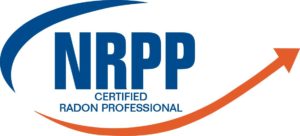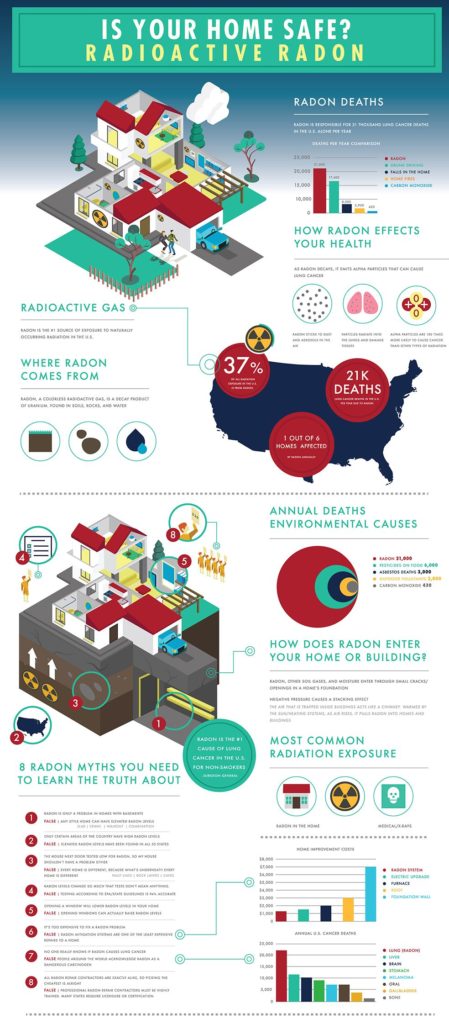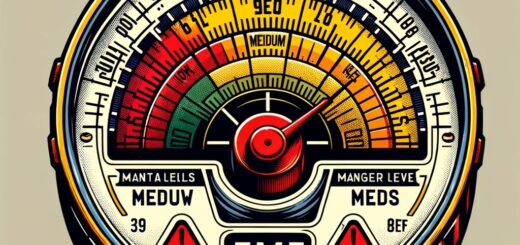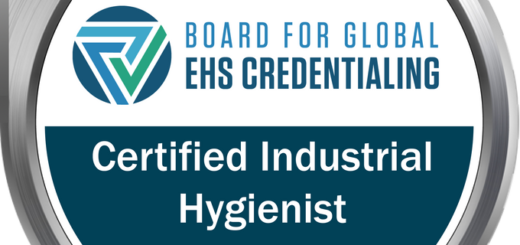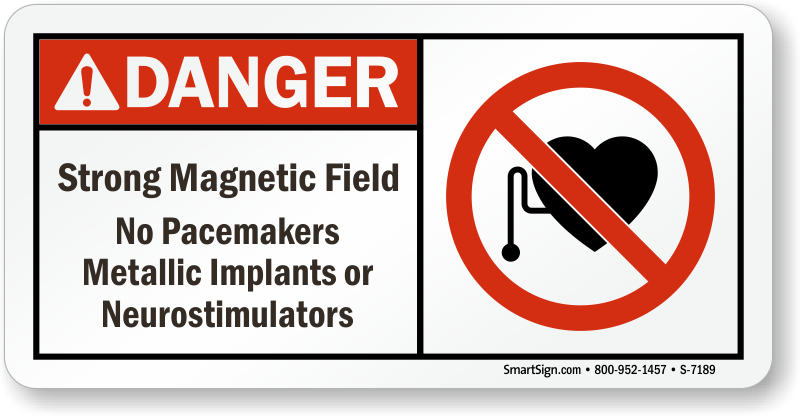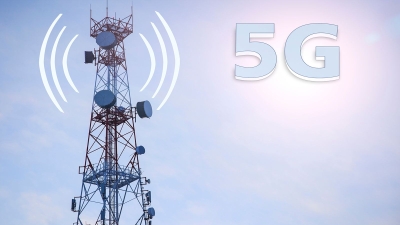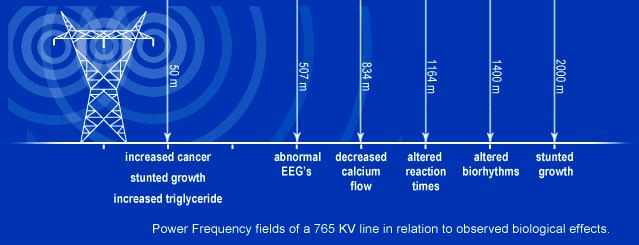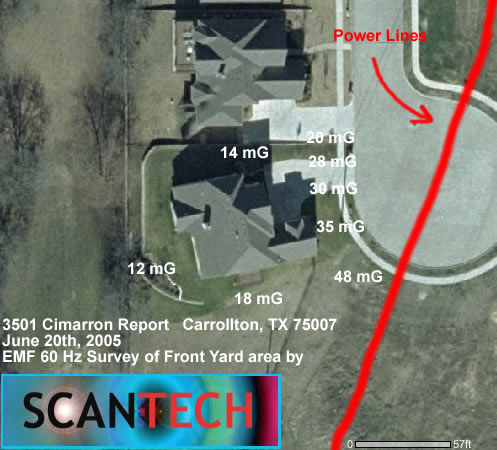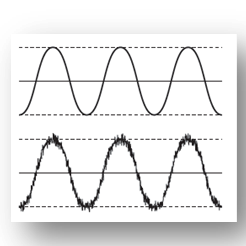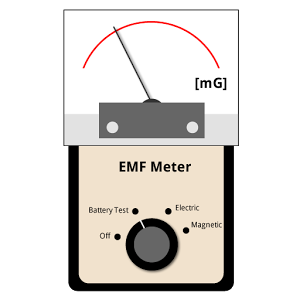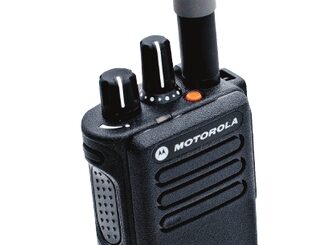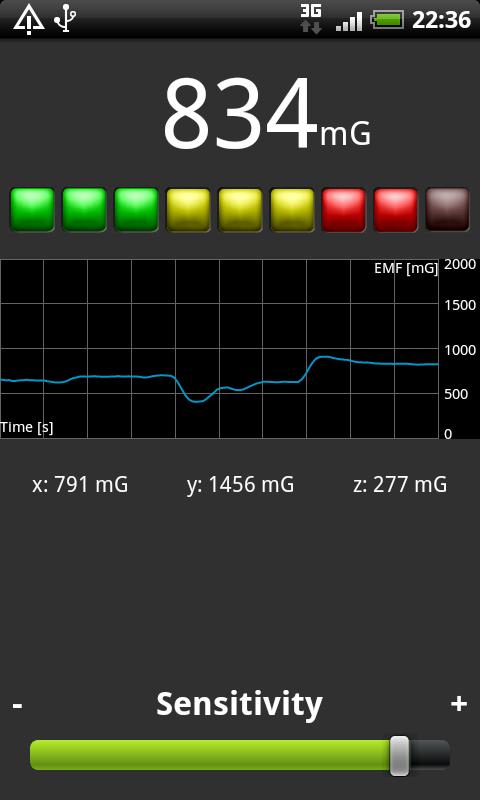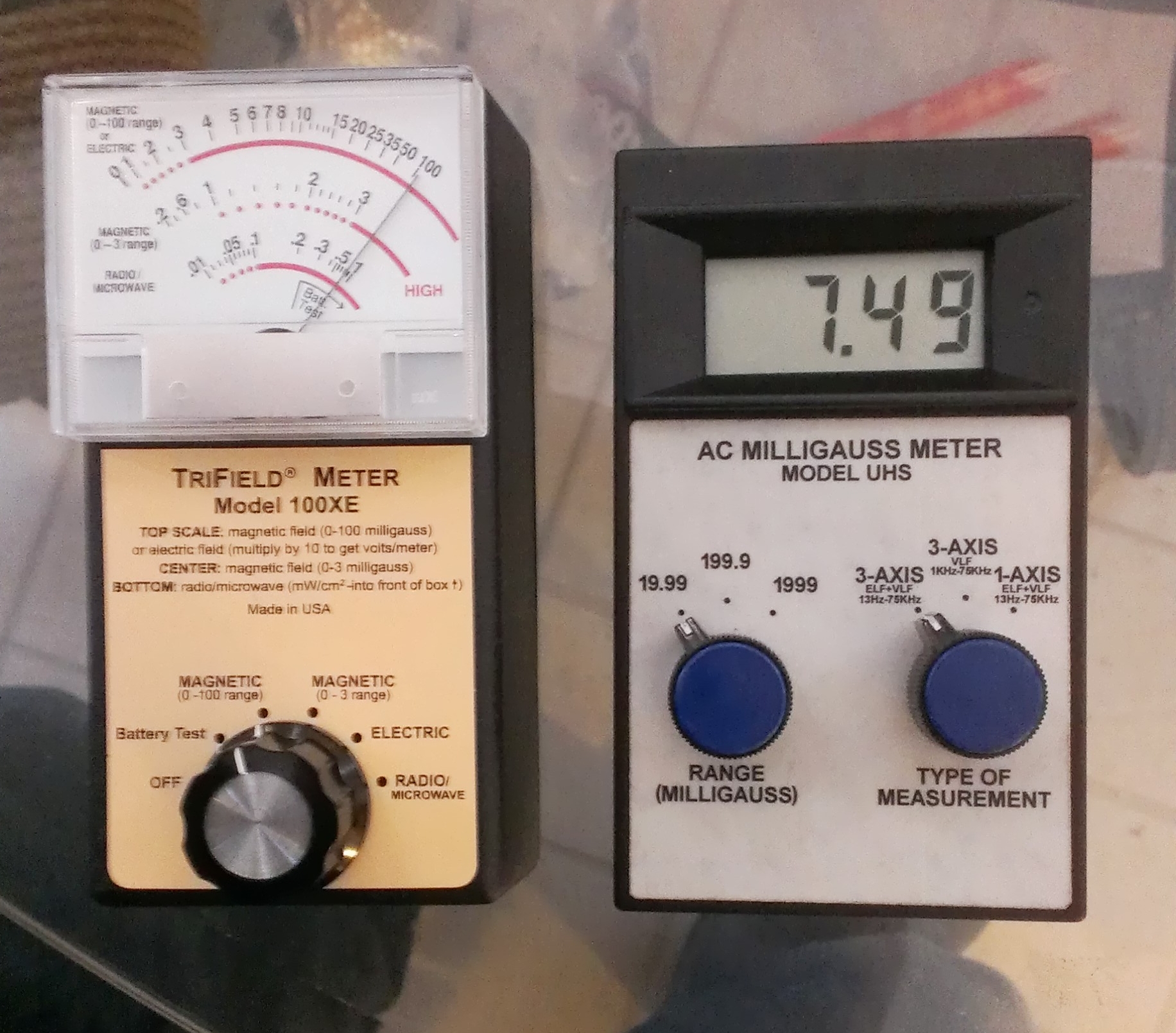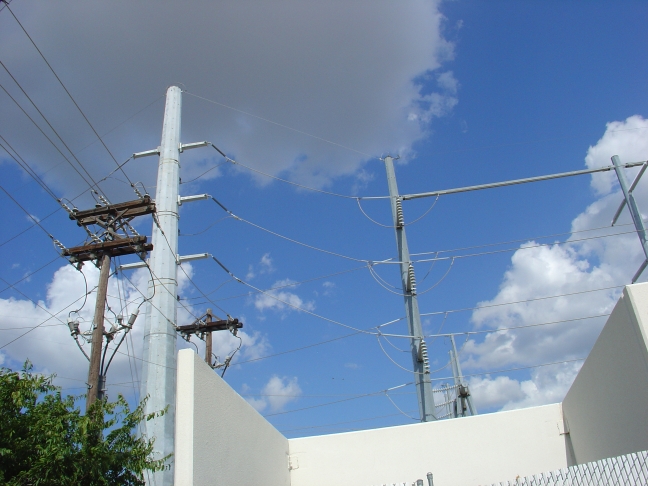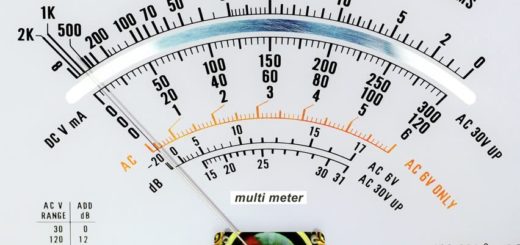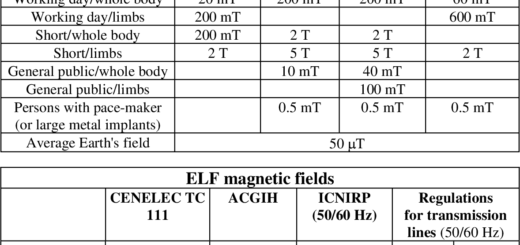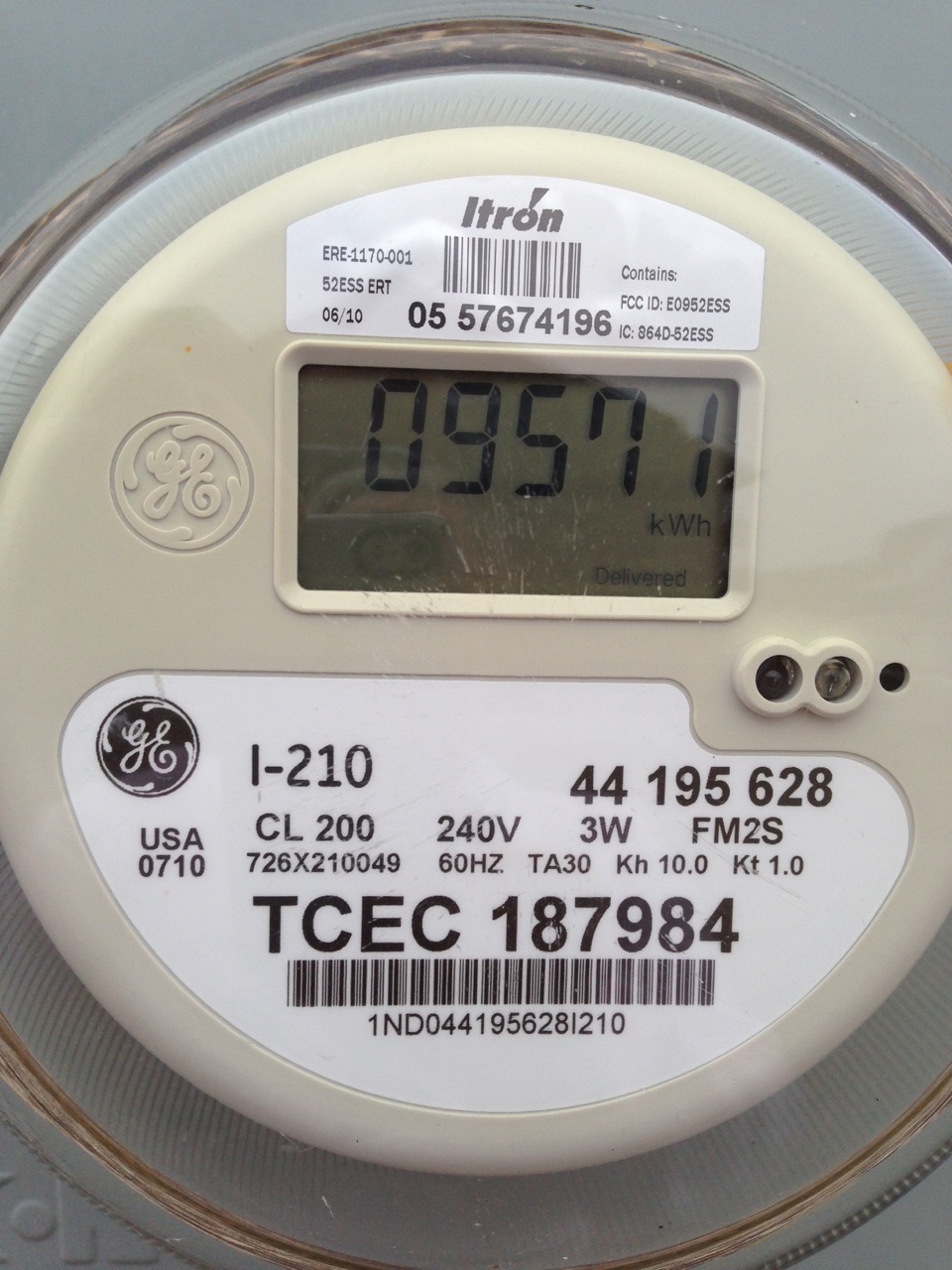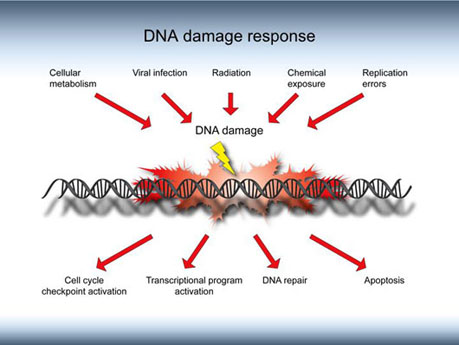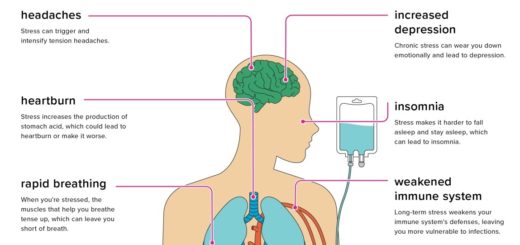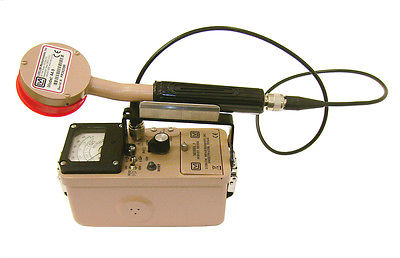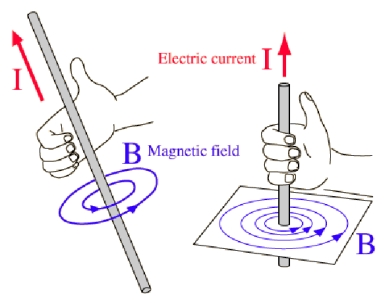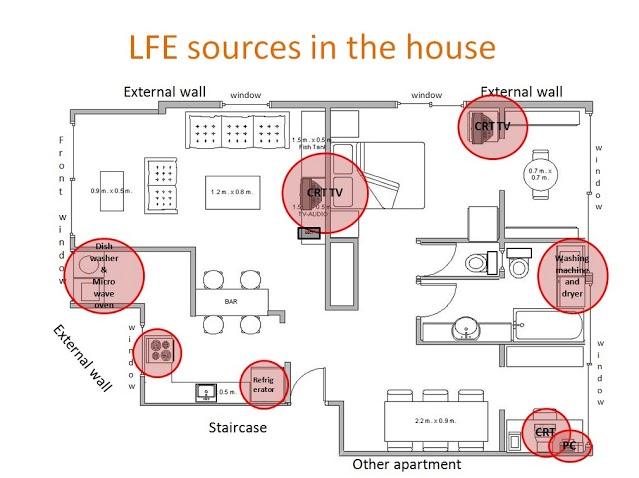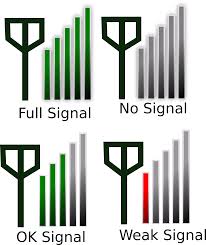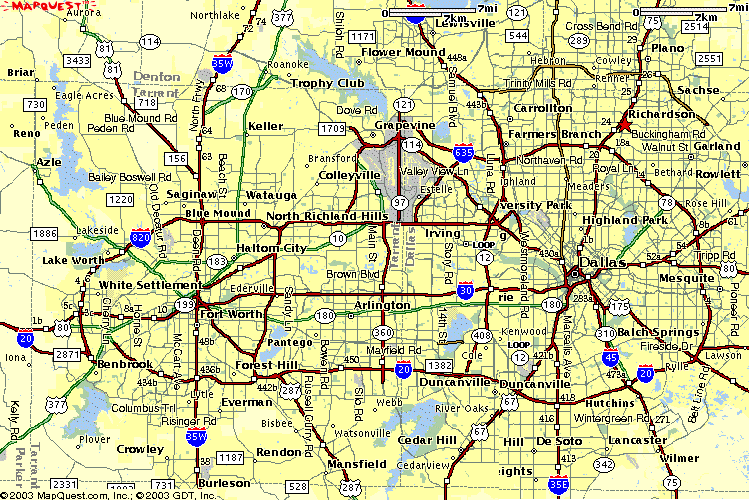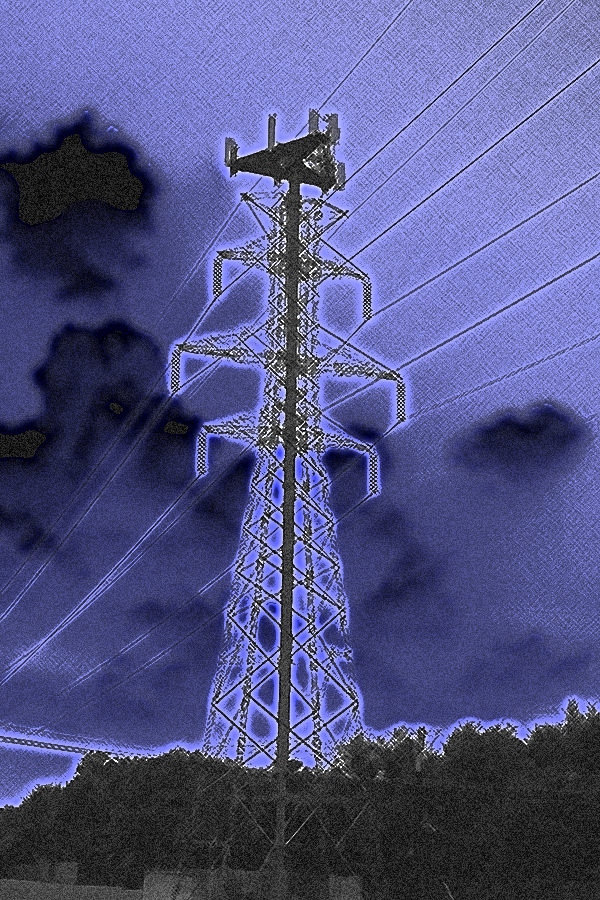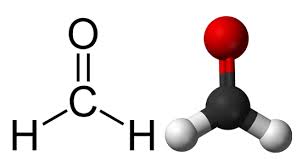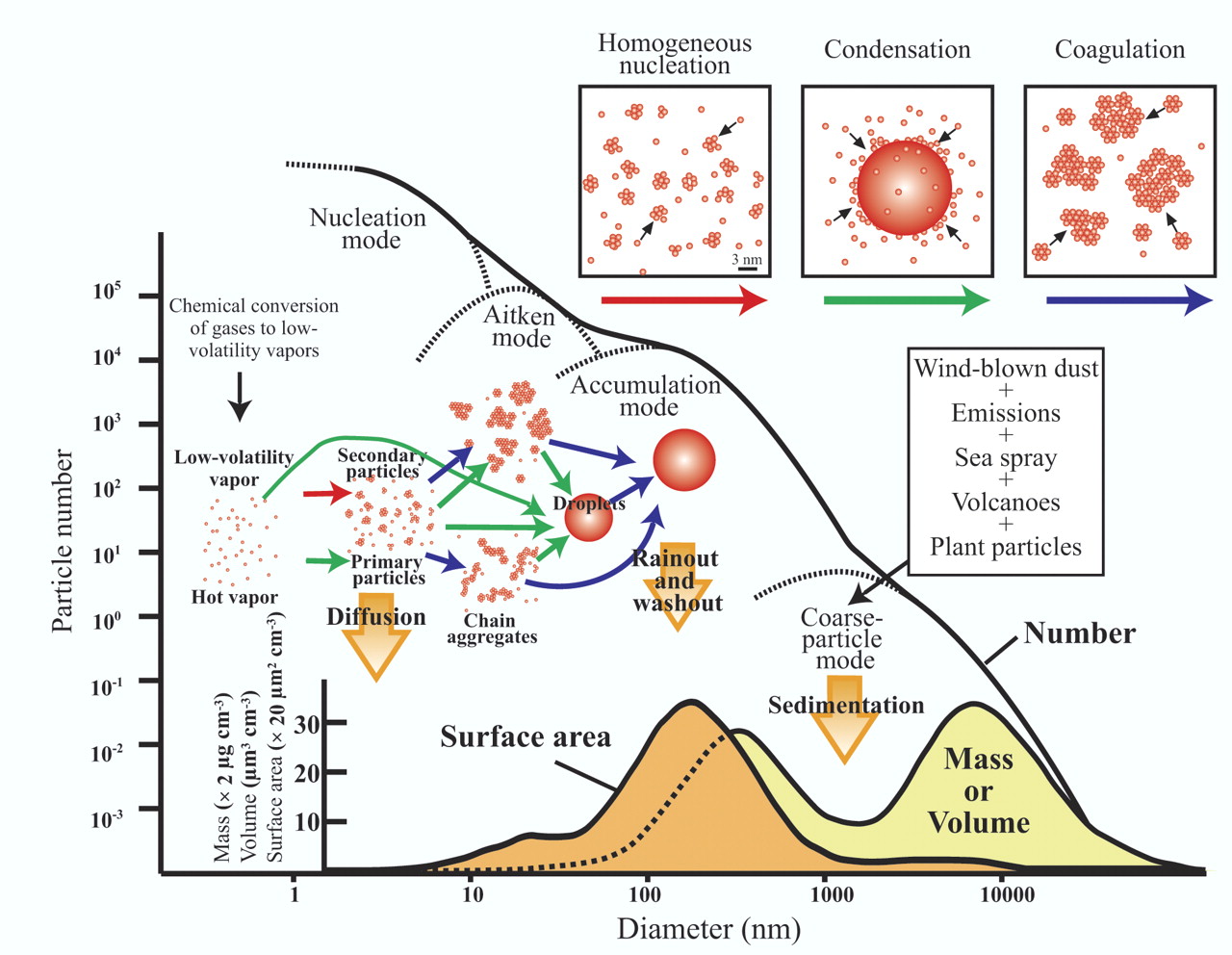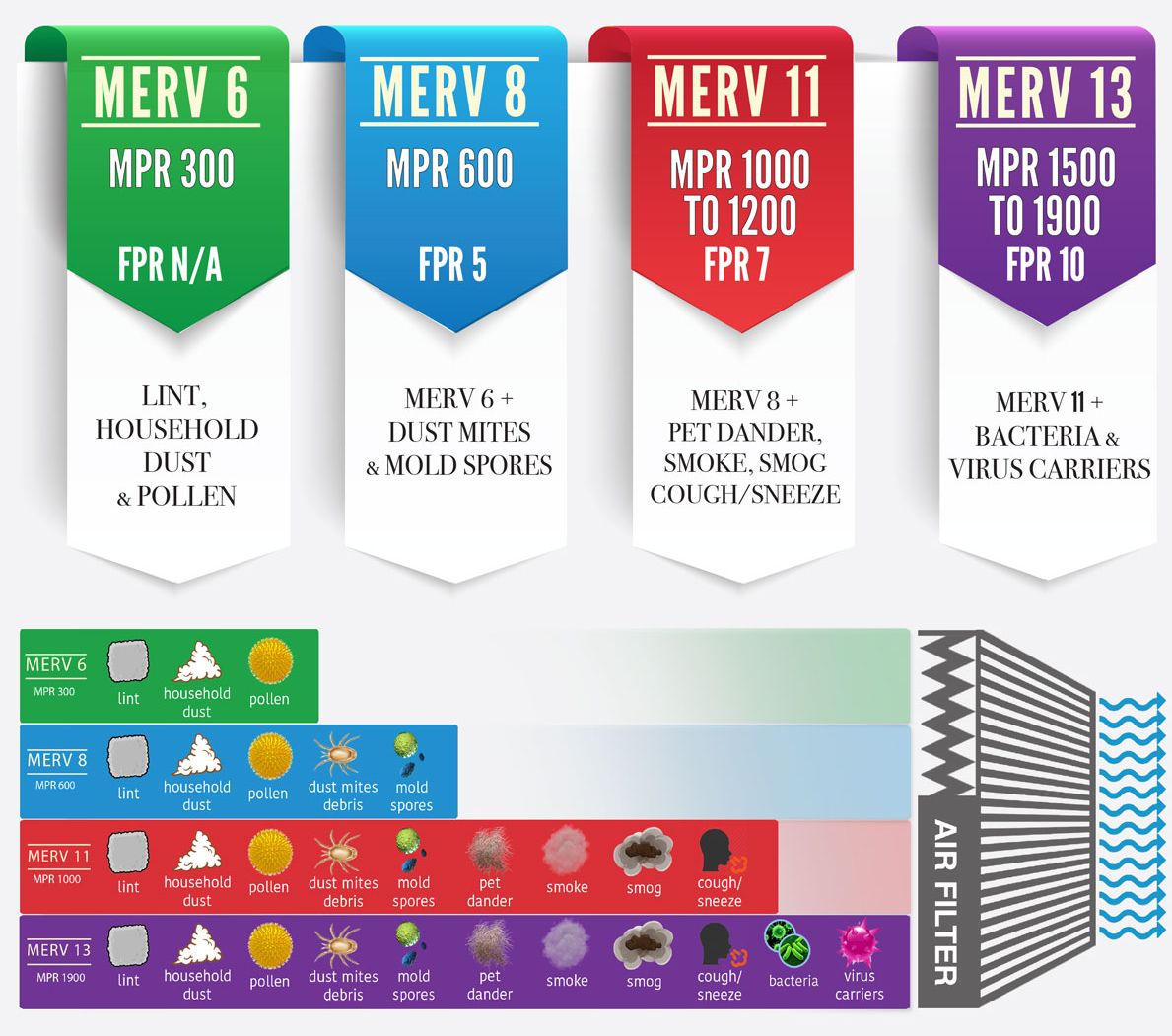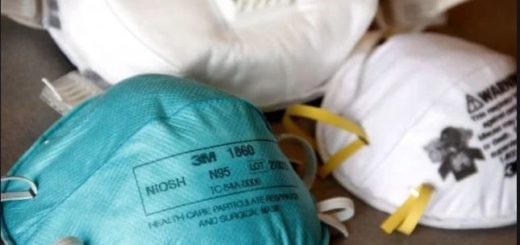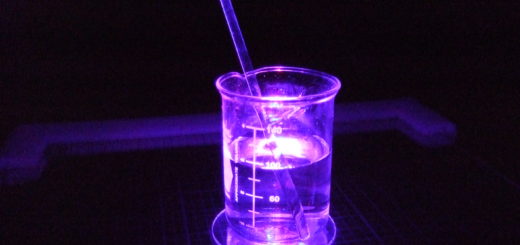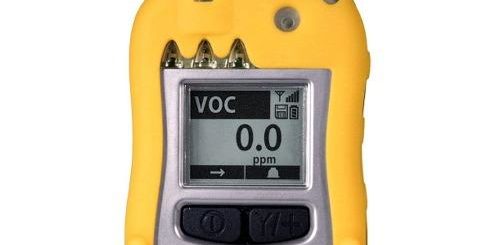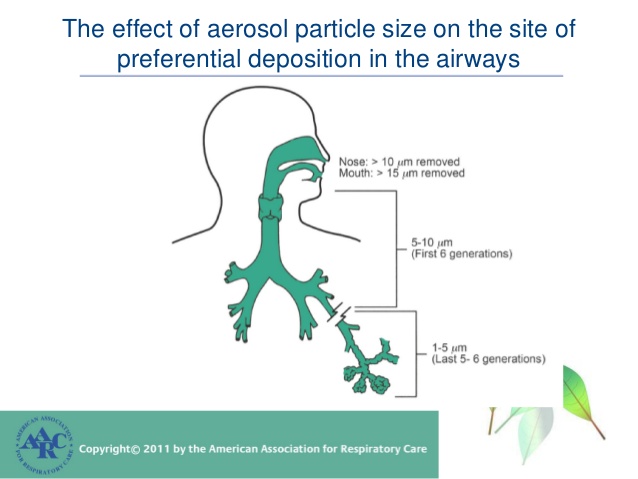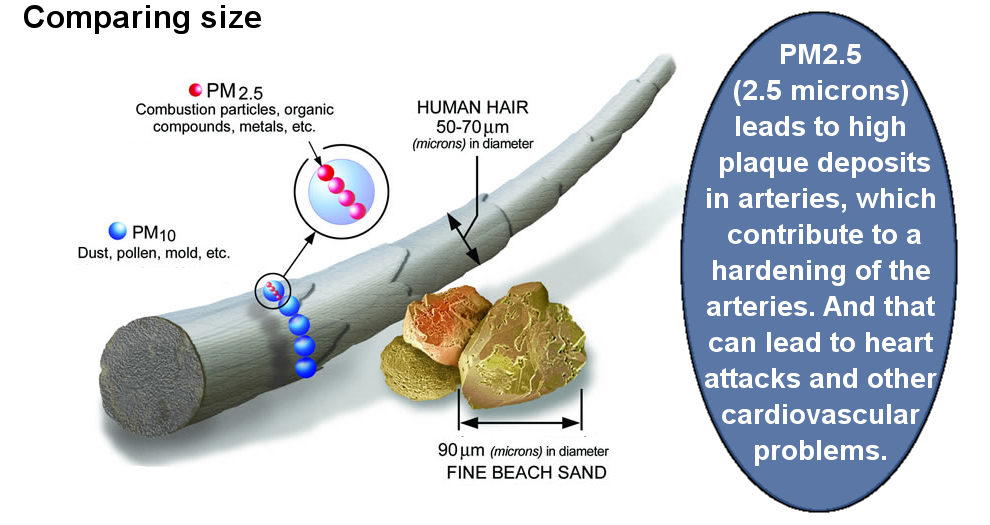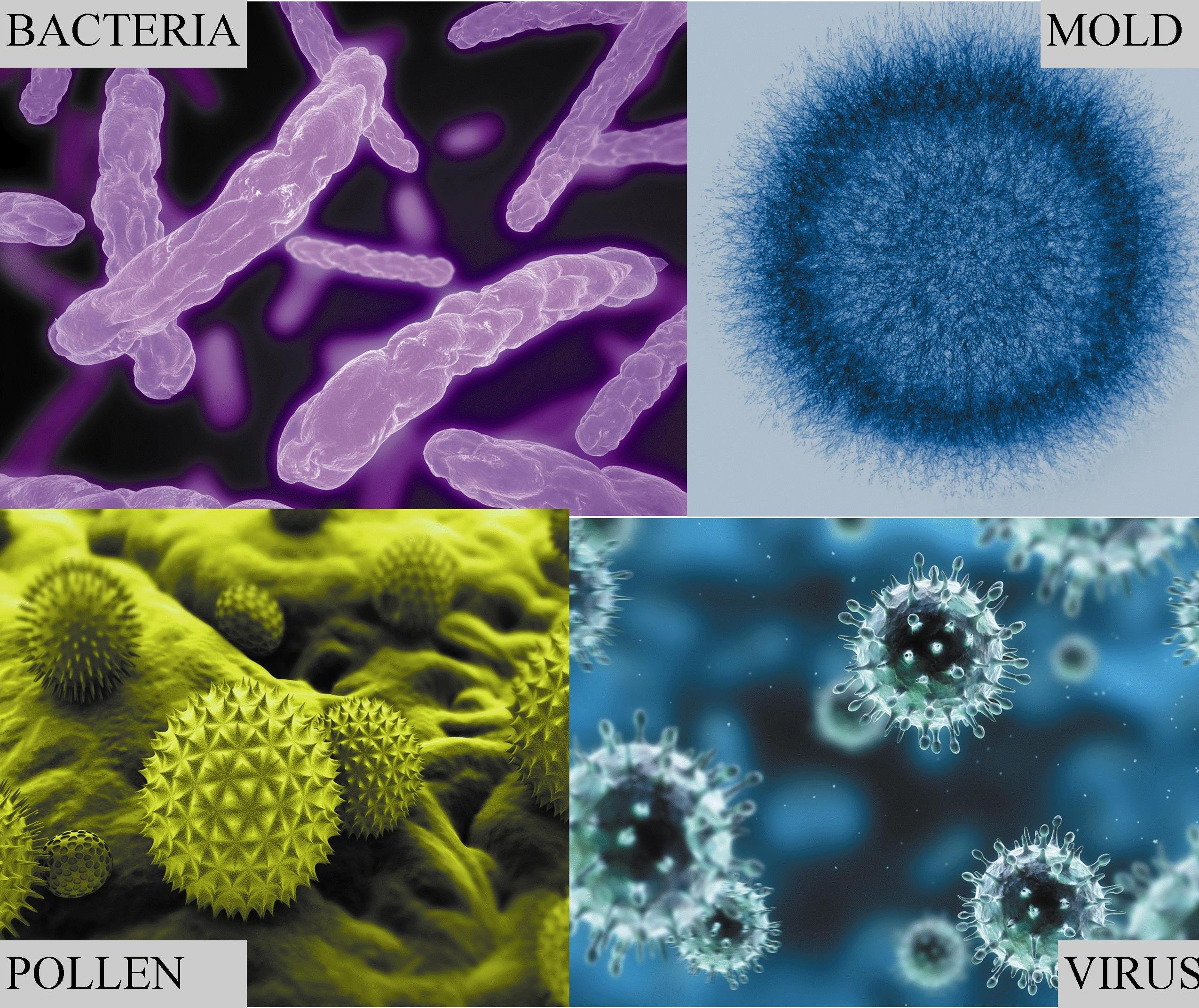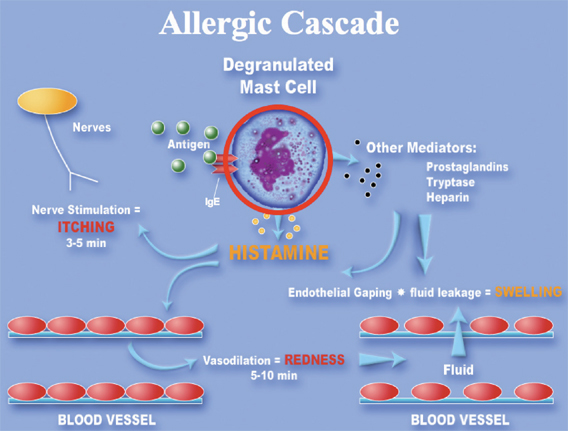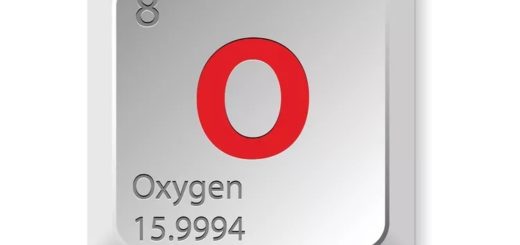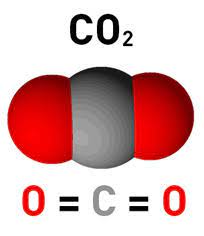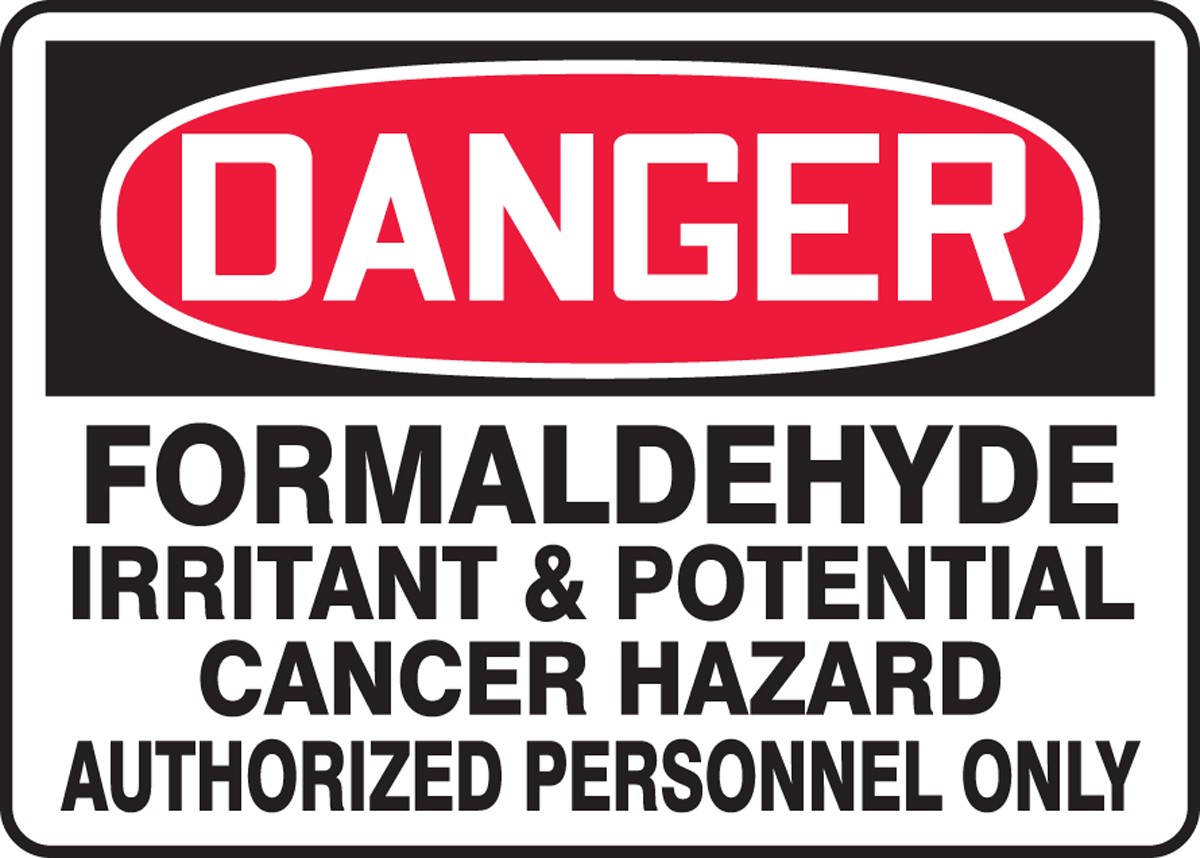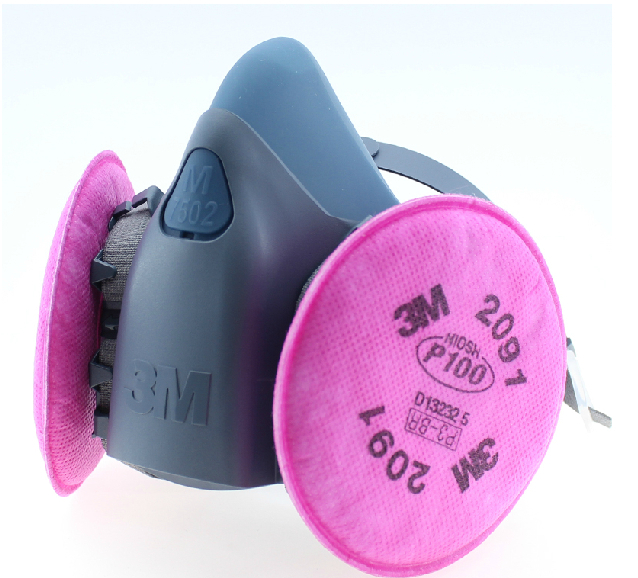Radon Gas in Homes Causes Up to 7 X More Deaths than Asbestos
An often overlooked aspect of air quality testing, particularly in Texas cities such as Dallas / Fort Worth, Houston and Austin is checking for the presence of radon gas which is a proven carcinogen. Part of the issue is either a complete lack of knowledge of this hazard or mythologies that are circulated as wishful thinking.
Examples I have heard include:
1. Texas doesn’t have radon gas.
FALSE – all areas of the world have some radon gas in the atmosphere as it is part of the natural U-235 decay chain in soil / bedrock.
2. New homes don’t have a radon problem.
FALSE – Any home can potentially have radon gas issues and newer homes that have tighter building envelopes actually tend to have more issues as the ventilation exchange is often poorer and leads to an accumulation of this hazardous, radioactive carcinogen.
3. I’m not a smoker – why should I worry about lung cancer?
FALSE – While smoking is synergistic with radon and amplifies the risk, radon is the number one cause of lung cancer among non-smokers.
4. Dallas / Fort Worth homes do not have indoor air quality problems with radon.
FALSE – I have found numerous homes in the Dallas / Tarrant County area, particularly in North Dallas, Richardson, Arlington, the Park Cities and Lake Highlands INCLUDING my own home which exceeded the EPA action limit of 4 picoCuries / liter. If you look at the WHO (World Health Organization) the guidelines they recommend is even lower at 2.7 picoCuries / liter.
While there is no safe level of radon and you cannot get radon levels to zero, you can mitigate issues with building ventilation and reduce your risk considerably. But first, you have to be informed.
5. Testing for radon isn’t required in Texas.
FALSE – Radon testing is a requirement for HUD, Fannie Mae, Freddie Mac and government buildings which fall under the province of GSA (Government Services Administration) radon policy. Also many mortgage companies are making it a requirement in order to avoid potential litigation.
Moreover, you typically need a certified radon professional (such as those qualified under AARST-NRPP) to conduct valid testing. ScanTech is certified and experienced in multi-family buildings / commercial buildings / residential homes.
http://www.scantech7.com/radon-testing-safety-levels-dallas-fort-worth/
